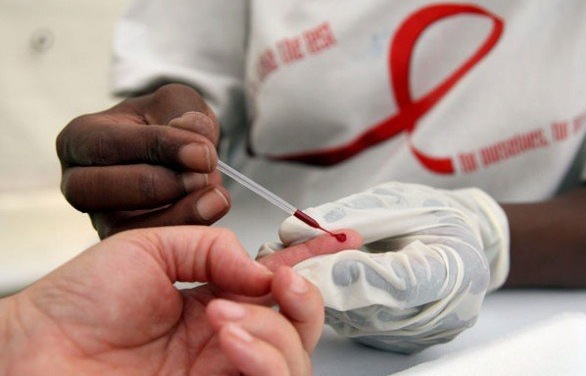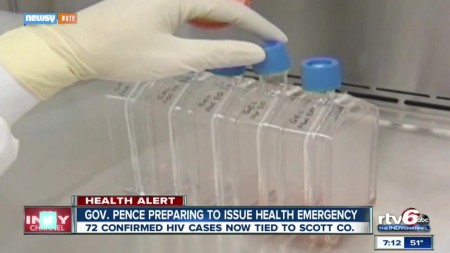As health officials scramble to set up testing and treatment facilities to deal with an Indiana HIV outbreak of more than 80 new cases — and counting — it’s time to ask: How did we get here?
It’s tempting to blame poverty and addiction for public health crises, but it’s increasingly clear that a lack of public health infrastructure allowed HIV to take root and flourish in southeastern Indiana.
The fact that Scott County — the center of the HIV epidemic — was without a testing facility until a few weeks ago is a glaring example of the kind of public health crisis that results when prevention and testing are left unfunded.
In the last decade, funding cuts have forced the decline of Indiana’s public health infrastructure. This has resulted in the closure of testing and health centers — including a Planned Parenthood in Scott County that closed in early 2013 — as well as an overall reduction in HIV testing programs statewide.
Support for comprehensive, non-judgmental family planning is especially important because the most effective strategies to prevent the spread of HIV and other sexually transmitted diseases (STDs) come in the context of broader conversations about reproductive and overall health.
From 2005 to 2014, Planned Parenthood of Indiana and Kentucky (PPINK) saw government funding and grants from all sources decline 42 percent, from $3.3 million to $1.9 million. (This doesn’t include Medicaid reimbursements for services provided.)
As funding has decreased, the cost of operating health centers has increased dramatically. Small health centers require the same investments in technology and infrastructure as large ones, making it more difficult, even for non-profits like ours, to operate facilities that see relatively few patients.
As a result, PPINK has closed five health centers in the past three years. All of them were in small towns, four of them in southern Indiana. None of them offered abortions. All of them offered HIV testing and STD counseling.






